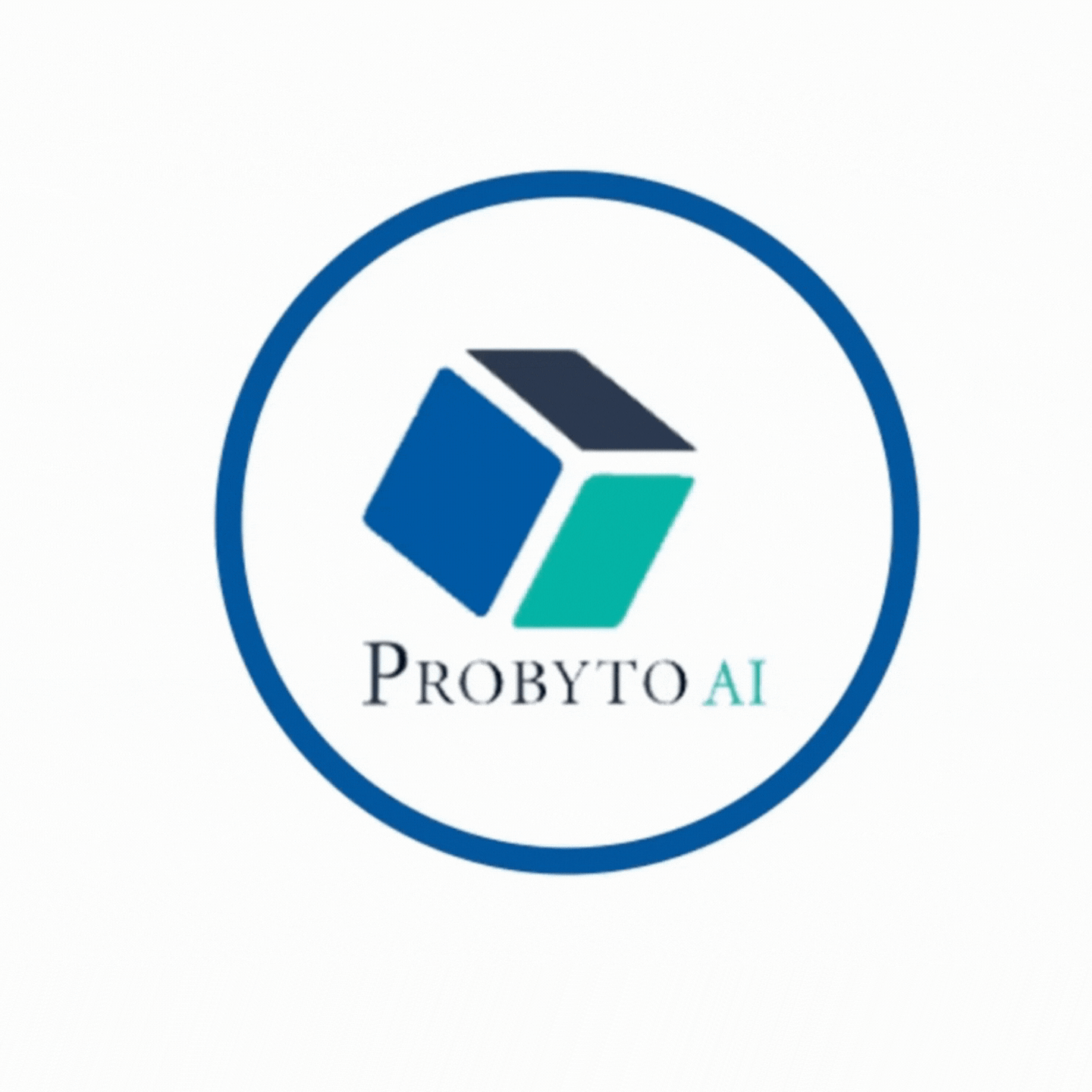In business, AI is a powerful tool that is transforming the way things are done. The areas of predictive analytics and business intelligence where AI is making a big difference are those where it is having a major impact. The term seems complicated, but all it refers to is making better decisions with the help of data.
Artificial Intelligence - what does it mean?
As a computer’s brain, Artificial Intelligence (AI) is like a smart algorithm. In this way, computers learn from experience, can understand complex problems, and can make decisions as a result of their experiences. Among the things AI can do better than humans are speech recognition, image recognition, and even playing games. With the help of this technology, machines can learn and think.
What is Predictive Analytics?
It is the process of predicting the future based on information from the past. Consider the scenario in which you have a lot of information about the past. The purpose of predictive analytics is to predict what might happen in the future based on this information. By knowing how much ice cream people purchased last summer, it can be relatively easy to predict how much will be purchased next summer.
Business Intelligence: What Does It Mean?
The purpose of business intelligence is to understand what is happening within a company. This process involves collecting data from different parts of a company, such as sales, marketing, and finance, and analyzing it to make better decisions. The purpose of business intelligence is to help companies understand how they are performing and where they can improve.
How AI Helps Predictive Analytics
A lot of predictive analytics can be improved with AI. Artificial intelligence can help in many ways, including:
- Handling Lots of Data
AI Data can be analyzed very quickly with this program. The process would take too long for a human to handle. Data patterns and trends can be discovered by AI that humans might miss.
- Learning and Improving
AI can learn from the data. As a result, it improves over time. AI can improve predictions as it learns from more data when used for predictive analytics.
How AI Helps Business Intelligence
In addition to being useful for business intelligence, AI is also very useful for robotics. Here’s how:
- Automating Reports
AI can create reports automatically. This saves time and makes sure the reports are accurate. Rather than waiting for someone to prepare the reports, businesses can access the information they need quickly.
- Analyzing Data
AI can analyze data in ways that humans can’t. Using machine learning, it can look at data from a variety of angles and uncover insights that humans might miss. By doing so, businesses can gain a better understanding of their data.
Real-life examples of AI in Predictive Analytics and Business Intelligence
In order to better understand how AI is used in predictive analytics and business intelligence, let’s look at some real-life examples.
- Retail
In retail, AI is used to predict what products customers will buy. In this way, stores are able to stock the right products and avoid running out of stock. The store can make sure there are enough coats in stock, for example, when AI predicts more people will buy winter coats next month.
- Healthcare
In healthcare, AI helps predict patient outcomes. For instance, it can identify patients who may develop a particular disease in the future. Preventive measures are thus able to be taken by doctors, which can help to provide better patient care.
Benefits of Using AI in Predictive Analytics and Business Intelligence
There are many benefits to using AI in predictive analytics and business intelligence. Here are some of the main benefits:
- Better Decision Making
AI helps businesses make better decisions. By analyzing data and finding patterns, AI provides insights that help businesses understand what is happening and what might happen in the future. This leads to better decision-making.
- Saving Time and Money
AI can do tasks quickly and accurately. This saves time and money for businesses. For example, AI can create reports automatically, which means employees can focus on more important tasks.
Challenges of Using AI in Predictive Analytics and Business Intelligence
While AI has many benefits, there are also some challenges. Here are a few:
- Data Quality
AI relies on data to make predictions. If the data is not good quality, the predictions will not be accurate. It’s important to have good-quality data for AI to work well.
- Complexity
AI can be complex to implement. It requires special skills and knowledge. Businesses need to invest in training and technology to use AI effectively.
The Future of AI in Predictive Analytics and Business Intelligence
The future of AI in predictive analytics and business intelligence is very promising. As technology advances, AI will become even better at analyzing data and making predictions. Here are some future trends to look out for:
- More Accurate Predictions
AI will continue to improve and make more accurate predictions. This will help businesses make even better decisions.
- Integration with Other Technologies
AI will be integrated with other technologies like the Internet of Things (IoT) and blockchain. This will provide even more data for AI to analyze and make predictions.
Conclusion
AI is playing a big role in predictive analytics and business intelligence. Business decisions are made more effectively, costs are reduced, and customer satisfaction is improved. Although there are challenges, they are far outweighed by the benefits. In these areas, AI’s future looks bright, and we can expect even more advancements shortly. Businesses are becoming smarter and more efficient as a result of artificial intelligence.


